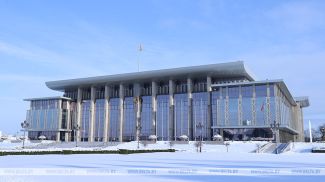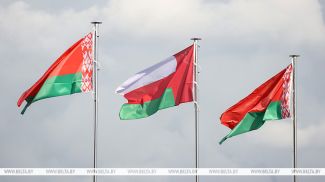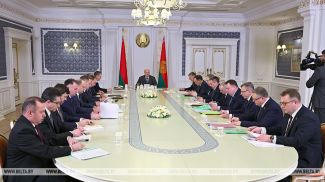
MINSK, 18 July (BelTA) – If the Constitutional Court identifies any issues in the legislation relating to its scope of reference, it should raise them with those entities that have the right to initiate constitutional proceedings, Belarusian President Aleksandr Lukashenko said as he met with judges of the Constitutional Court on 18 July, BelTA has learned.

One of the features of the Constitutional Court is that it is a passive body by nature. It means that it does not have the right to initiate constitutional proceedings on his own. Constitutional control cases should be initiated by authorized state bodies and citizens.
In this regard, Aleksandr Lukashenko noted that the reality is somewhat different. In fact, the Constitutional Court does not have to wait for anyone to submit inquiries, it should step in if certain issues are identified. “You have the right to do everything. Proceed from the reality on the ground. If you come across a problem, you can let me know about it or tell the concerned entities about it. And we will put forward an appropriate proposal if the state needs it,” the president said.
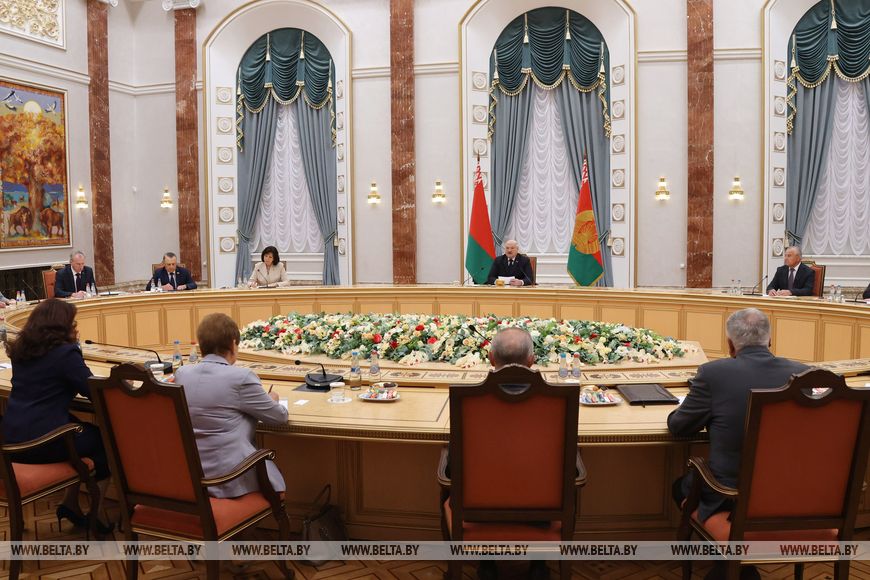
“We will look into this matter. If we see a problem, we will indeed invite the authorized state bodies to submit an appropriate proposal,” Chairman of the Constitutional Court Piotr Miklashevich said.
He admitted that government bodies do not actively initiate constitutional control proceedings. “This suggests that state bodies respect the norms and principles of the Constitution and strive to comply with them, which ensures a stable level of constitutional legality in the country, prevents the adoption of unconstitutional legislative acts,” he said.
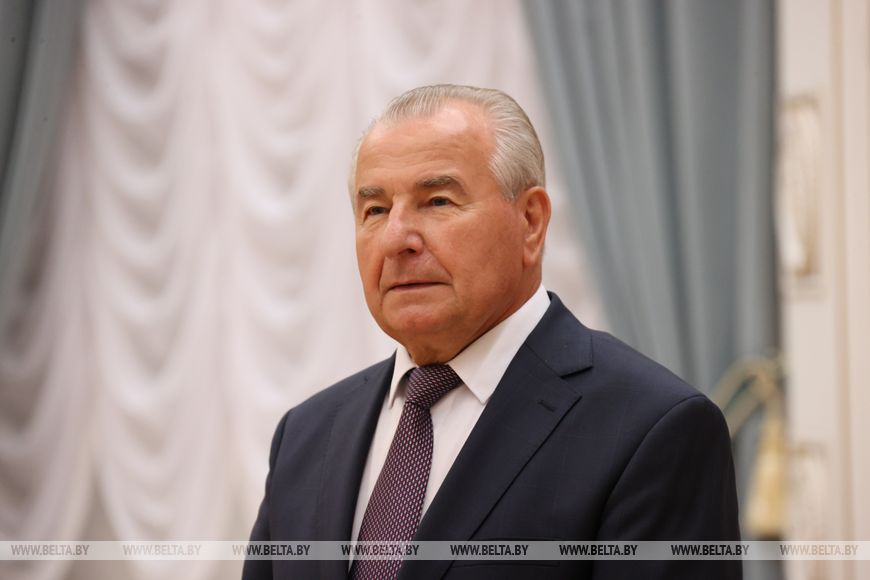
On the other hand, the court expects the authorized bodies - the president, the parliament, the government, the Supreme Court, the Presidium of the Belarusian People's Congress to take action so that the Constitutional Court could lay out its vision on overcoming inconclusiveness in constitutional and legal regulation in order to protect and fully realize the constitutional rights and freedoms of citizens.





